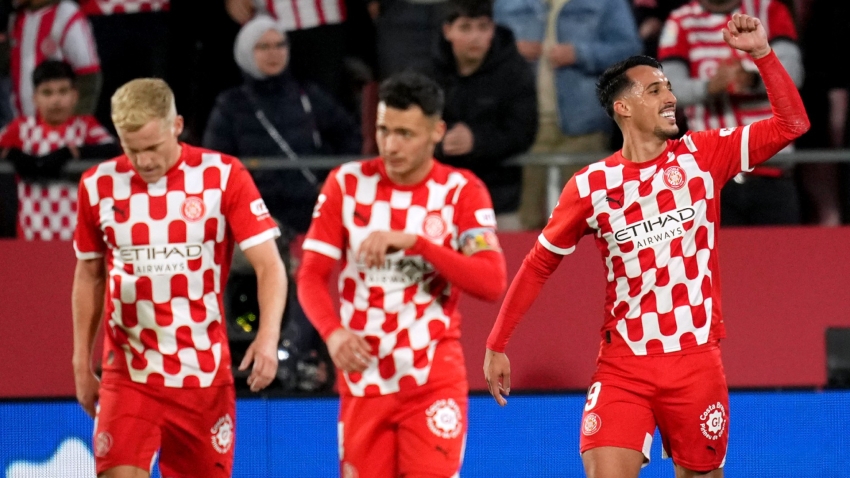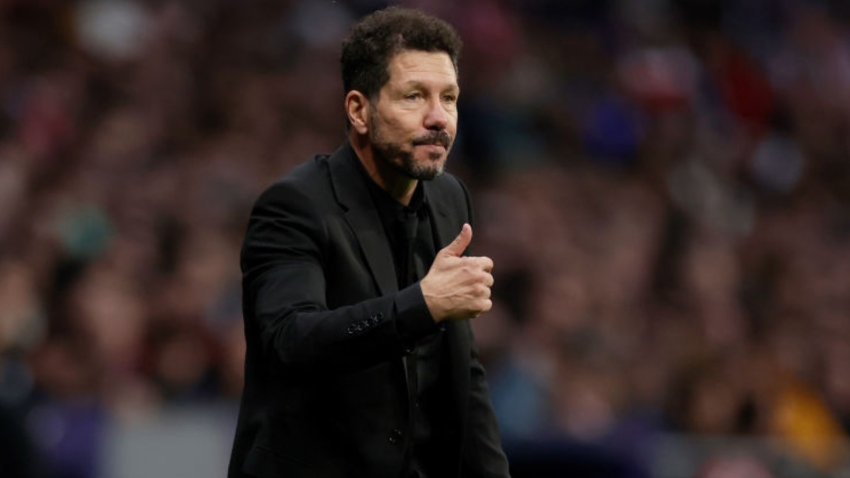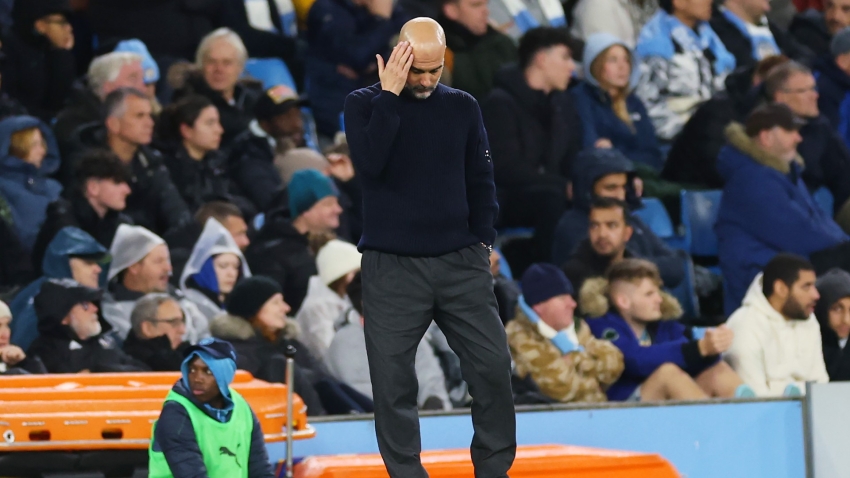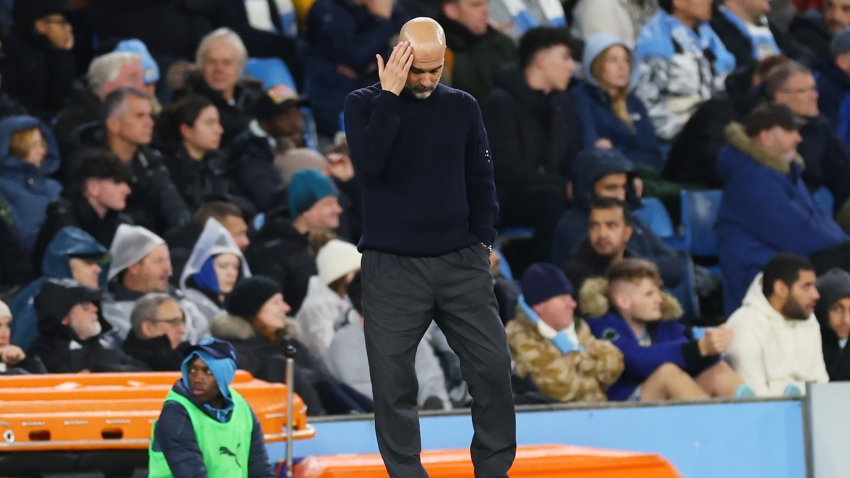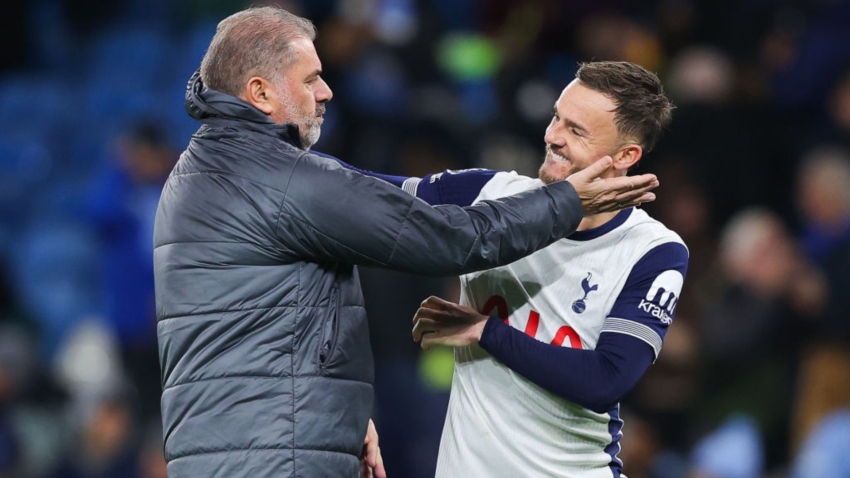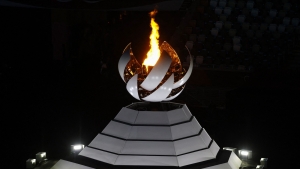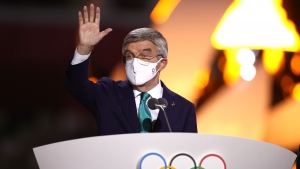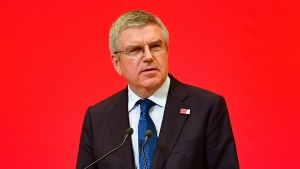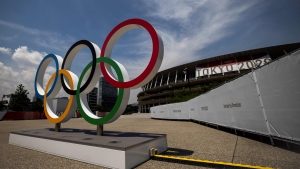Former hurdles star Edwin Moses questioned the Games going ahead in Tokyo but insisted time will tell as to whether the decision was correct.
Prior to the delayed Games, there was scepticism towards the safety of holding such an event amid a global pandemic, but Tokyo 2020 was completed without major incident.
Moses, a two-time Olympic gold medallist, agreed with the concern throughout Japan – and across the world – as he discussed the unusual competitive conditions.
"I was always very concerned," the former United States athlete told Stats Perform.
"I always wondered whether it was the right decision to expose the Japanese people to tens and thousands of people coming in. I guess we’ll see what the fallout is.
"I would have been compelled to go if I was 25 years old. [The] conditions are not normal for athletes. I can't imagine competing under them."
Paris awaits in 2024 before Los Angeles and Brisbane follow as the next hosts.
But Moses, who set the world record four times in 400 metre hurdles, was unsure as to whether the Olympic model has been too restrictive for a competition that prides itself on inclusivity.
"[It] was talked about trying to move the Olympics to different countries," the 65-year-old continued. "I think the set up and model now means that it will never be somewhere like Africa. They can't afford it.
"I think they're behind the eight ball in terms of moving it around. Right now they've restricted themselves to American, [Asian] and European countries. [The] model is not sustainable to diversify delivery."
Asked whether they can alter this issue and make the model more inclusive, Moses responded: "I don't know. I'm not sure if it was in somewhere like South Africa for example.
"People would want that amount of money spent on it. They've been trying but [I am] not sure theyve found a reasonable solution."
One leading light for the delayed games, however, is the conversations that have opened on mental health.
Simone Biles, who would later take to social media to further inform her audience as to her mental health struggles, made the headlines when she courageously withdrew from artistic gymnastic events before emphatically returning to secure bronze on the beam.
IOC president Thomas Bach praised the athletes for offering "hope" as one of the "most precious gifts" during Sunday's closing ceremony and Moses offered insight into the mental health aspects of being an athlete.
"It's intense," Moses added. "People have no idea what it takes. And in today's world with the commercialism, Simone Biles was expected to win five medals.
"I think it was a combo of physical and mental. Her internal GPS system disconnected from her motor system and she could have been in danger."
Moses, who credited athletes for removing the stigma of mental health by opening up on the topic, concluded: "At a certain level competition is competition and if you are not ready for it it's okay.
"The problem is big athletes are pulling out of events now. Athletes will have had deaths in the family, people ill, all kinds of situations."







